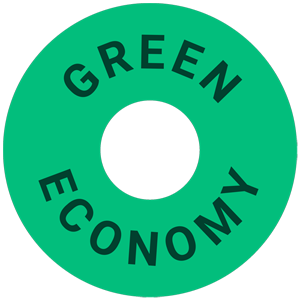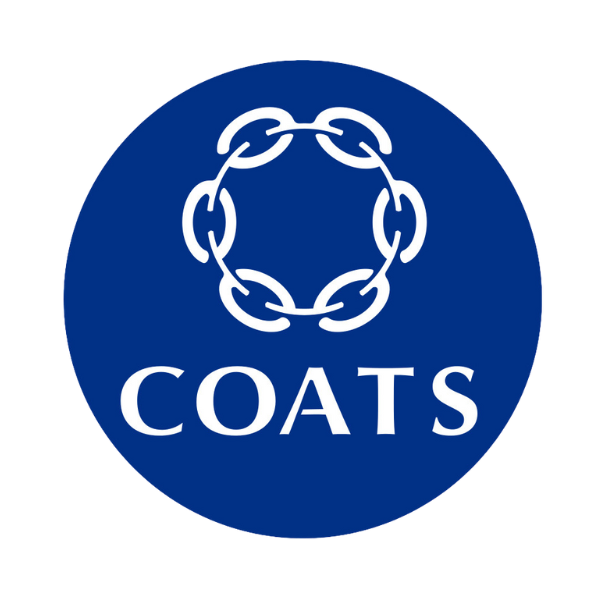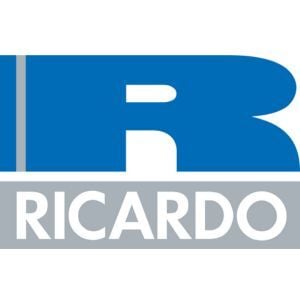Featured Speakers







Agenda: Sustainable Industry Summer Summit - Circular Supply Chains
Compliance and Innovation

Welcome




KEYNOTE: How Circularity Is Reshaping Business Value




KEYNOTE: The power of collective action; how to make unrecyclable packaging recyclable – learnings from toothpaste tubes



Break
Discussion Tables
(Please click + to read the full description)
Round Table 1 - Supply Chain Transparency & Critical Materials
Discussion points:
-
Which technologies provide reliable traceability for critical materials?
-
What data do you need from suppliers to proactively manage critical material risks?
-
What are the best approaches to turning transparency around critical materials into a competitive advantage?
 David Watkin, Circular Supply Chain Lead - JLR
David Watkin, Circular Supply Chain Lead - JLR
Round Table 2 - Building a Circular Culture and Business Model
-
What’s helped—or hindered—embedding circular thinking into culture and operations?
-
How are businesses practically shifting to circular models across supply chains?
-
What do consumers expect from circularity, and how can design meet that?

Bettina Gilbert, Head of Circular Economy - WRAP
Round Table 3 - Unlocking the Business Value of Digital Product Passports in Circular Supply Chains
Discussion points:
-
How can digital product passports enhance transparency and traceability, and add value across multi-tier supply chains?
-
What infrastructure, systems, and data standards are needed to operationalise DPPs at scale?
-
What role will DPPs play in meeting future regulatory requirements and enabling circular business models?

Steve Woodward, Founder & CEO - Pathway Digital Products
Round Table 4 - Why Product Carbon Foot printing Matters for Decisions and Engagement
Discussion points:
• You don't need to be a footprinting expert to make progress
• How can you build partnerships and make progress in specific areas?
• How can you work on improving internal teams knowledge?
• Developing processes to get consistency

Craig Woodburn, Western Europe Sustainability Director - Molson Coors
Discussion Round Tables Session 1
Discussion Round Tables Session 2
Lunch
Discussion Round Tables Session 3
Discussion Round Tables Session 4
Break

Keynote: A product-led strategy to reduce scope 3 emissions through circularity



